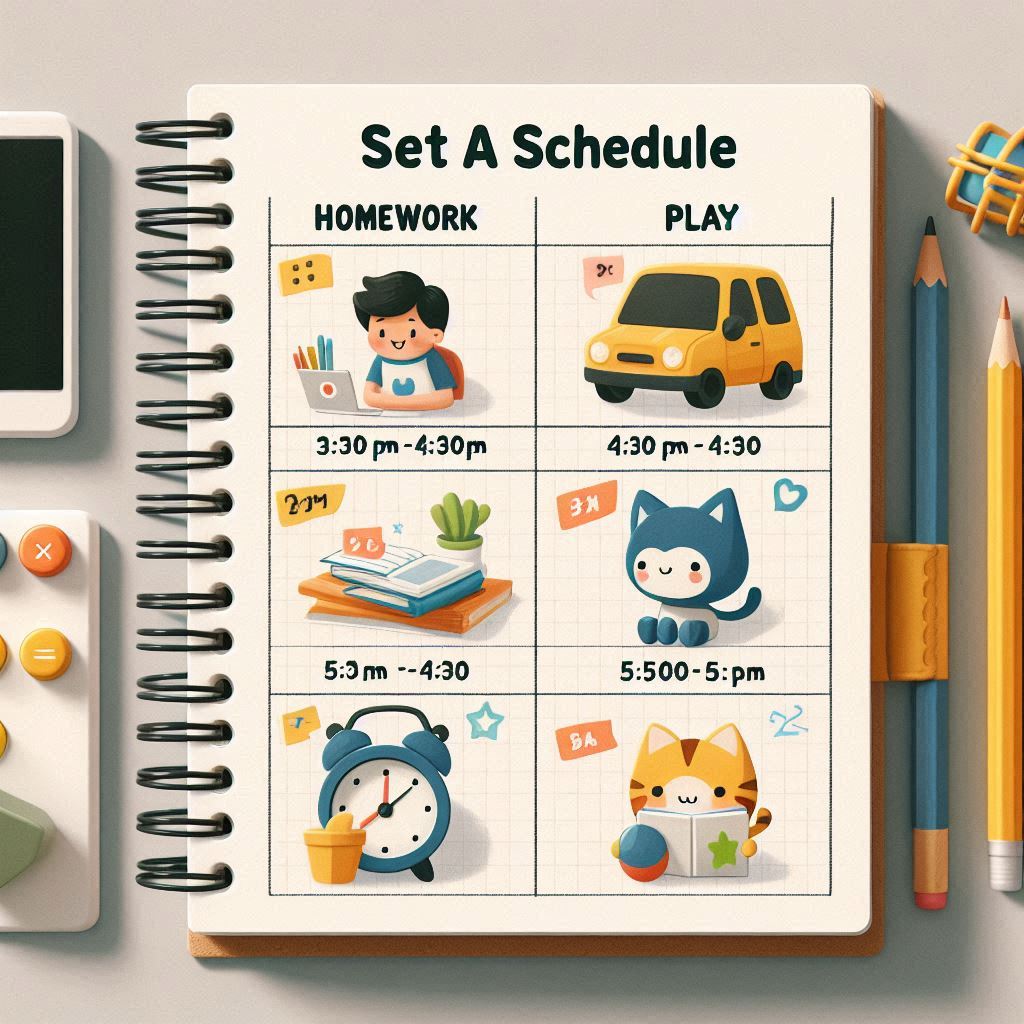Balancing personal and professional life can be challenging, but it’s essential for overall well-being and happiness. This guide will help you understand how to manage your time and energy effectively so you can enjoy both your work and personal life. We’ll cover tips and strategies that even children can understand.
Understanding the Balance: Balancing personal and professional life means giving appropriate time and attention to your job and your personal activities. It’s like a seesaw – if one side is too heavy, it can throw everything off balance.
Why Balance is Important

- Health and Well-being: Too much work can make you tired and stressed. Spending time with family and friends, relaxing, and having fun helps you stay healthy and happy.
- Productivity: When you’re well-rested and happy, you can do your job better. Overwork can make you tired and reduce your performance.
- Relationships: Spending time with loved ones strengthens your relationships. They need your attention and care just like your job does.
Tips for Balancing Personal and Professional Life

Set Clear Priorities
- Which should be done first: Think about what’s most important to you. Make a list of your top priorities at work and in your personal life.
- Which should be done later: Write down what you need to do each day. Include work tasks and personal activities.
Create a Schedule
- Plan Your Day: Use a calendar or planner to organize your day. Set specific times for work, exercise, meals, and relaxation.
- Break Time: Schedule breaks during your workday. Short breaks help you stay focused and energized.
Set boundaries
- Work hours: Determine when you start and stop work each day. Stick to these hours as much as possible.
- Personal Time: Set your personal time. Talk to your family and friends if needed for scheduling.
Learn to say no
- Don’t overwork: It’s okay to say no to extra tasks if you are already busy. Taking on extra responsibilities can make you stressed and tired.
Use Technology Wisely

- Limit Screen Time: Too much time on your phone or computer can take away from family time and relaxation.
- Work Tools: Use apps and tools to help you manage your time and tasks efficiently.
- Share the Load: Ask for help with tasks at work and home. Sharing responsibilities can make things easier for everyone.
Take Care of Yourself
- Healthy Habits: Eat healthy foods, exercise regularly, and get enough sleep. Taking care of your body helps you feel good and stay energized.
- Relaxation: Find activities that help you relax, like reading, playing a game, or taking a walk.
Stay Organized
Keep your workspace and home organized. A clean environment helps you think clearly and work more efficiently.
Plan ahead, lay out clothes, pack lunch or prepare for the next day by reviewing your schedule.
Spend Quality Time with Loved Ones

- Family Activities: Plan fun activities with your family and friends. It could be a game night, a picnic, or watching a movie together.
- Be Present: When you’re with your loved ones, give them your full attention. Put away your phone and enjoy the moment.
- Take time to reflect on how well you balance your personal and professional life. Are you feeling stressed? Are you missing important family moments?
- You may need to adjust your work hours or take more breaks.
Practical Examples for Kids
- Homework and Playtime

- Set a Schedule: After school, set a specific time for homework and a specific time for play. For example, do homework from 3:30 PM to 4:30 PM, and then play from 4:30 PM to 5:30 PM.
- Stick to It: Follow the schedule every day to make sure you have time for both schoolwork and fun.
Chores and Relaxation
- Plan chores: Decide when you will do your chores, maybe cleaning your house on Saturday morning.
- Reward Yourself: After finishing chores, reward yourself with something you enjoy, like playing outside or watching a favorite show.
Family Time and Friends
- Family Dinner: Make it a habit to have dinner with your family. It’s a great time to talk about your day and enjoy being together.
- Playmates: Plan specific times to hang out with friends. This way, you have fun social time but also time for other important things.
Importance of Flexibility
While having a schedule and setting boundaries is important, being flexible is also key. Sometimes things don’t go as planned, and that’s okay. Maybe you have an important family event that takes longer than expected, or a work project that requires extra time. Being flexible and adjusting your plans helps you manage unexpected changes without feeling overwhelmed.
Encouragement and Support
It’s important to encourage yourself and get support from others. Talk to your family and friends about your goals and ask for their help if you need it. Sometimes just talking about your challenges can make a big difference.
Support System: Having a good support system can help you balance your personal and professional life. Lean on friends, family, and coworkers for help and advice.
Self-Encouragement: Give yourself credit for the efforts you make. Celebrate small successes and be kind to yourself when things don’t go perfectly.
Balancing personal and professional life is about finding the right mix that works for you. It requires planning, setting boundaries, and being mindful of your needs. By following these simple tips and being flexible, you can enjoy both your work and personal time. Remember, the goal is to be happy and healthy in all areas of your life.









Leave a Reply